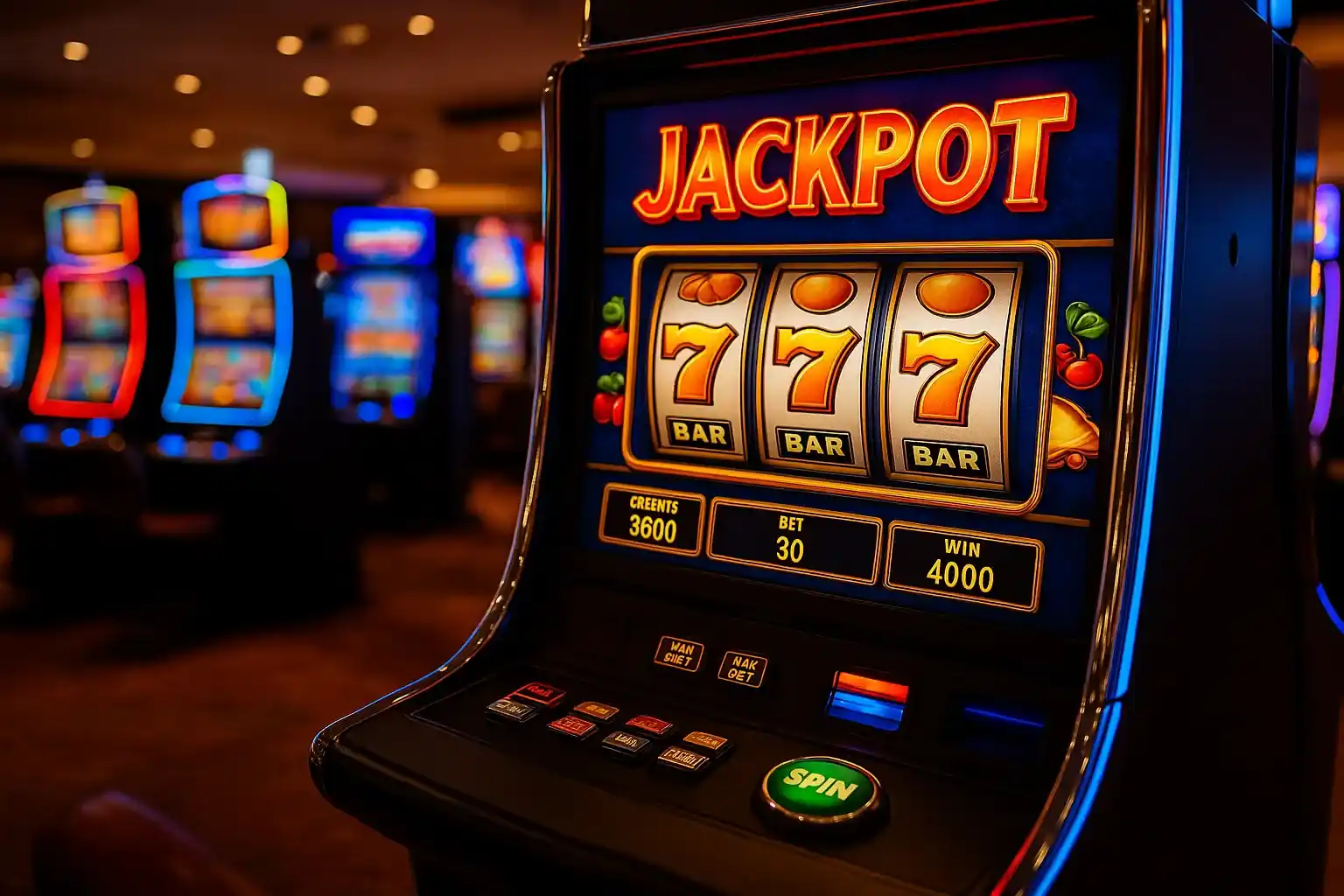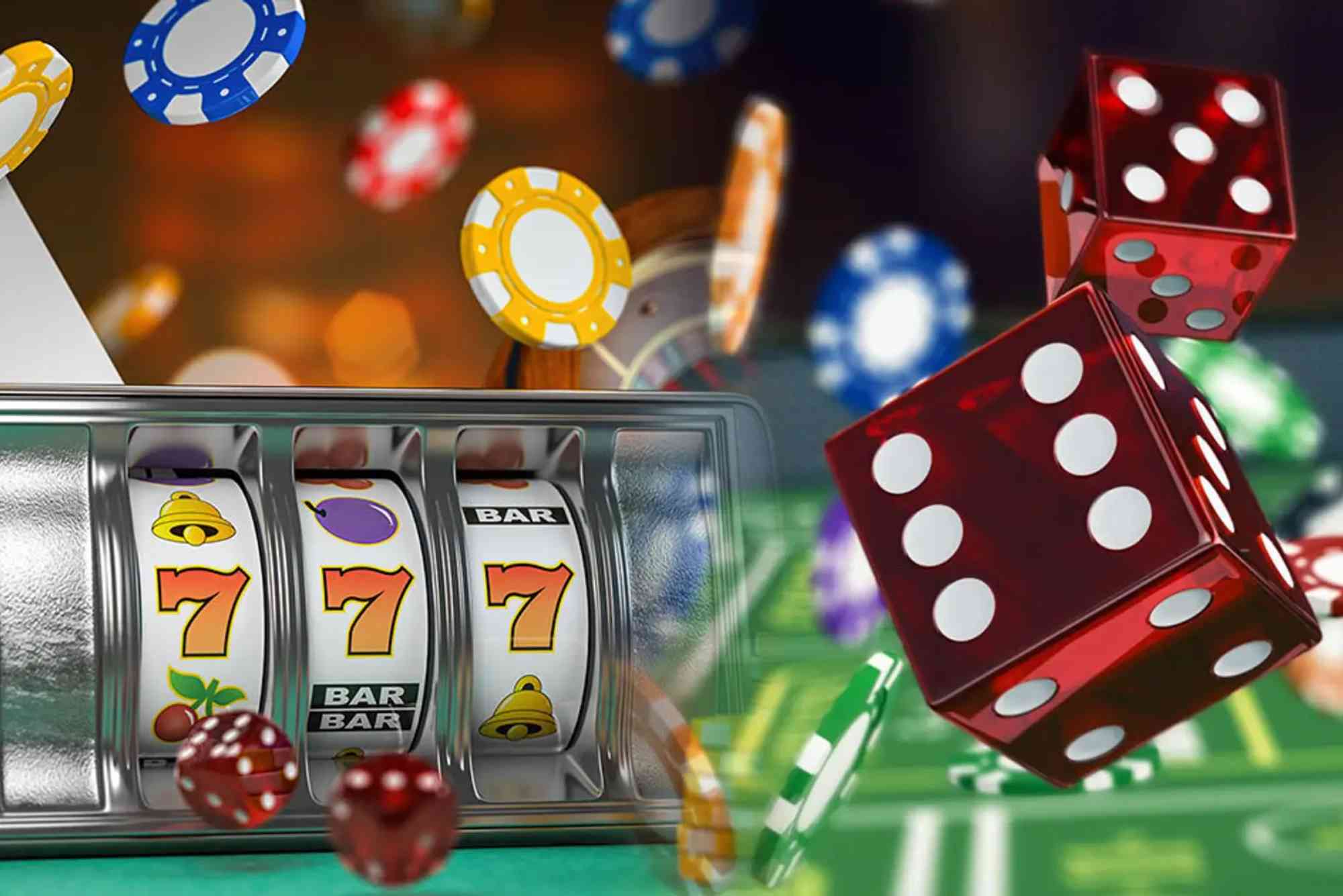The thrill of hearing bells ring and lights flash when those reels line up perfectly is what keeps many of us coming back to slot machines. But beneath the excitement lies a world of probabilities, random number generators (RNGs), and house edges that determine just how often—or how rarely—jackpots fall. Drawing on my personal spins and conversations with industry experts, I’ll unpack the true odds of hitting a jackpot in slots, explain the mechanics behind them, and offer practical advice to keep your expectations grounded.
Understanding Slot Machine Mechanics
Before diving into odds, it helps to know what’s happening inside a slot machine. Modern slots—whether online or on the casino floor—rely on complex algorithms to ensure each spin is independent and unpredictable.
Random Number Generators (RNGs) and Fairness
At the core of every slot is an RNG: a software algorithm that continuously generates thousands of numbers per second. When you press “spin,” the RNG picks one, which corresponds to a specific reel position. This ensures true randomness—no memory of past spins, no patterns to exploit, and a fair game every time.
Return to Player (RTP) and House Edge
RTP is the percentage of total money wagered that a slot pays back to players over the long run. If a game has an RTP of 96%, it theoretically returns £96 for every £100 wagered. The house edge—the casino’s advantage—is simply 100% minus RTP. Understanding RTP gives you a baseline expectation of how generous a machine is, but it doesn’t tell you about jackpot odds directly.
Calculating Jackpot Probabilities
Jackpot chances vary widely depending on the machine’s design, number of reels, and symbol distribution. Let’s break down how these odds are calculated.
Simple Examples with Classic Slots
Imagine a three-reel slot with 10 symbols on each reel and only one jackpot symbol per reel. The odds of lining up three jackpot symbols would be:
Reel 1: 1 in 10
Reel 2: 1 in 10
Reel 3: 1 in 10
Multiply them together: 1/10 × 1/10 × 1/10 = 1/1,000. So you’d expect, on average, to spin 1,000 times for one jackpot hit. Of course, slots rarely stay that simple—many have multiple jackpot symbols or weighted reels.
Progressive Jackpots and Their Complexities
Progressive jackpots pool a small percentage of each bet across machines or even casinos. Because they grow over time, their odds calculations differ. A spin that feeds the jackpot might have a tiny chance—often in the millions—to hit. Players seeking anonymity sometimes explore sites offering “casinos not on GamStop” for progressive slots with less regulatory oversight. However, remember that lower oversight can mean higher risk, so always check a site’s licensing and fairness certificates.
Practical Tips to Improve Your Odds
While you can’t change RNG outcomes, you can manage your play to maximize enjoyment—and potentially your returns.
Bankroll Management and Bet Sizes
Setting a budget and sticking to it is crucial. Since jackpots are rare, aim for a balance between bet size and spin count: smaller bets let you spin longer, keeping you in the game until that elusive hit. It’s often wiser to play machines with moderate jackpots and higher RTPs than chase the biggest progressive pots with rock-bottom odds.
Choosing the Right Machine
Not all slots are created equal. Look for transparent RTP disclosures—some casinos display this information front and center. Also, demo-play games to experience their volatility: high-volatility slots pay big but rarely, while low-volatility ones offer smaller, steadier wins.
Real-World Examples of Jackpot Wins
Stories from actual players bring these probabilities to life—and remind us of both luck’s generosity and its brutal rarity.
Tales from High Rollers
I once spoke with a player who dropped £20,000 across a row of progressive slots before finally landing a £1.2 million jackpot. He chalked it up to “timing and persistence,” but also admitted that most of his friends never saw a win anywhere near that size.
Lessons from Casual Players
Conversely, my friend Rachel started with a modest £50 free spin bonus, hit a £500 grand prize on a classic three-reel game, and walked away content. Her experience shows that chasing smaller jackpots with better odds can yield satisfying returns without breaking the bank.
Balancing Expectations and Entertainment Value
Ultimately, playing slots is about enjoying the ride—jackpot wins are rare fireworks, not guarantees. Treat each spin as entertainment, not an investment strategy.
When setting out, remember:
Odds favor the house: long-term wins require understanding RTP.
Jackpots are long shots: appreciate the suspense of each spin.
Responsible play matters: never chase losses or bet more than you can afford.
With clear expectations and thoughtful bankroll management, you can savor every reel spin—jackpot or not.









